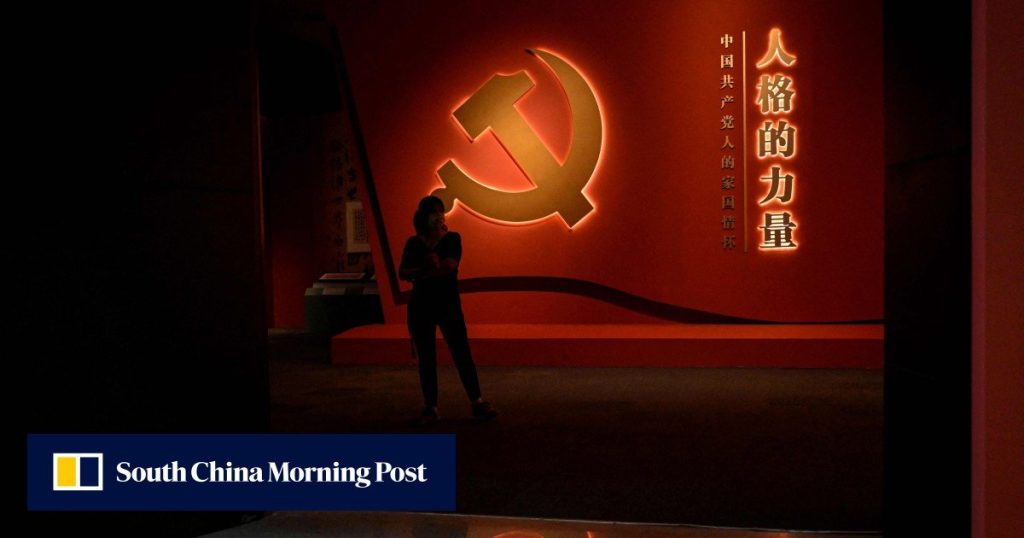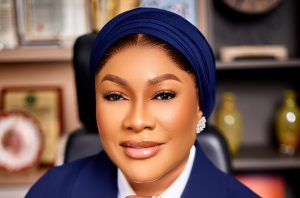‘Win hearts and minds’ in Taiwan and Hong Kong, Xi urges Communist Party

Xi’s demand, made over the weekend in a meeting attended by top Chinese officials, was one of a number of critical tasks listed by the Chinese leader for the United Front Work Department — a branch of the ruling Communist Party tasked with gaining influence both at home and overseas.”The united front … is an important assurance for (China’s Communist Party) to defeat the enemy, to govern and rejuvenate the country, and to rally all Chinese people both at home and abroad to realize national rejuvenation,” Xi said at the Beijing conference on United Front Work, according to state-run news agency Xinhua.As “profound changes” unseen in a century were playing out globally, Xi said, United Front efforts were “even more important.” That work, according to Xi, should include efforts to “strike the right balance between commonality and diversity” at home and “win hearts and minds of people in Hong Kong, Macao and Taiwan as well as overseas Chinese.”Hong Kong — the subject of a crackdown by Xi following mass pro-democracy protests in the city three years ago — operates as a semi-autonomous entity under Beijing’s rule, as does Macao. Taiwan is a self-ruled democracy the Communist Party claims as its own territory and with which it has said it seeks This year, too, marks 100 years since the Party rolled out its United Front policy of alliance-building with non-Communist groups, which the country’s founding leader Mao Zedong cited as one of “three magic weapons” leading to victory in China’s civil war, alongside armed struggle and Party activities.”All of (these) dynamics … basically affirm to them that this is a critical time for the Communist Party to exert its influence on the people of China who are not Party members, as well as the key constituents abroad who could potentially harm or help China and the Communist Party,” said Drew Thompson, a visiting senior research fellow at the Lee Kuan Yew School of Public Policy at the National University of Singapore.”This is a critical moment in China’s development, so all aspects of China’s state power are committed to preserving the Party’s authority and contributing to China’s development and achievement of the ‘China Dream,'” Thompson added, referring to Xi’s longstanding vision of a powerful China.’Some patience’In his comments, Xi called for a strengthening of the United Front in the “new era.” He listed tasks including “fostering a strong sense of community for the Chinese nation” in its “ethnic affairs,” and developing religions “in the Chinese context” — China has lashed out at the potential visit, vowing to take “resolute and forceful measures” if it goes ahead. Last week, China’s Defense Ministry reiterated the threat, warning: “If the US insists on taking its own course, the Chinese military will never sit idly by.”But Xi’s nod toward to the importance of the United Front in Taiwan may signal Beijing’s preference for “long-term, peaceful approaches” when it comes to its professed goal of “reunification,” according to Wen-Ti Sung, a political scientist at the Australian National University’s Taiwan Studies Program.”It shows in a very subtle way that in spite of all the heated rhetoric out there, (Beijing) has got to show some patience here,” Sung said.







